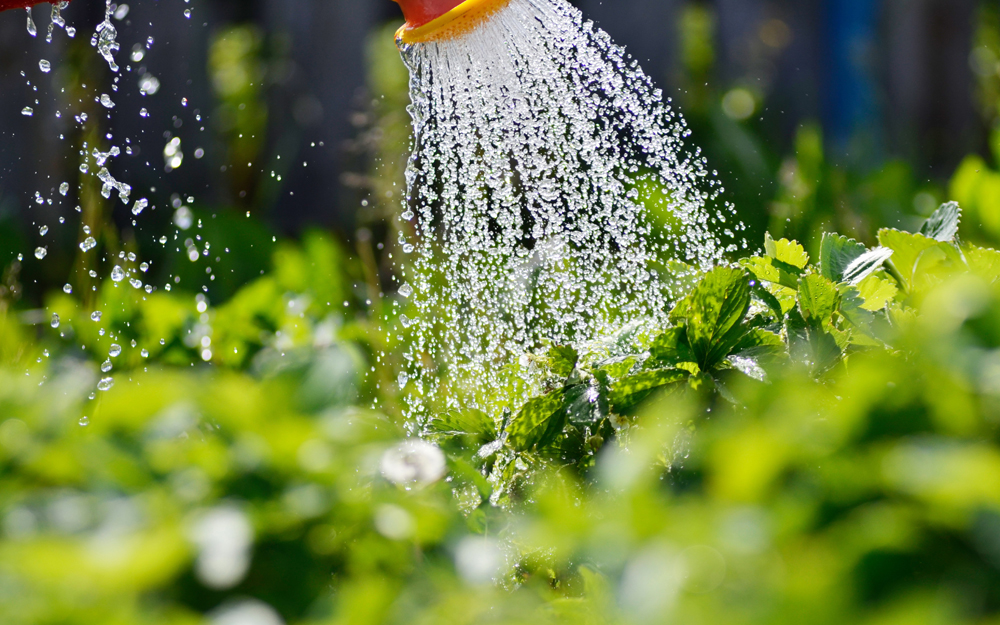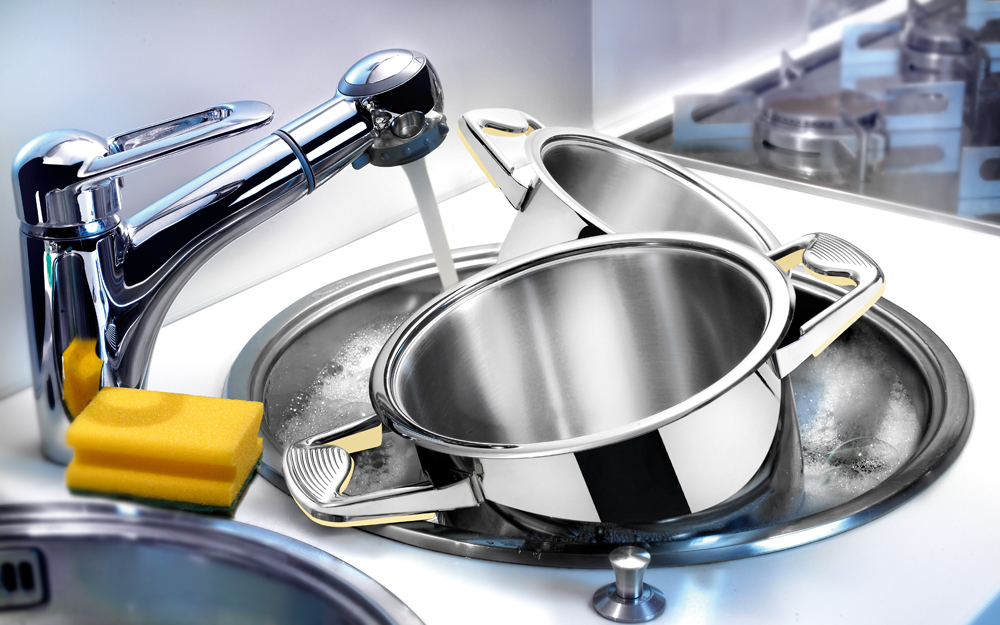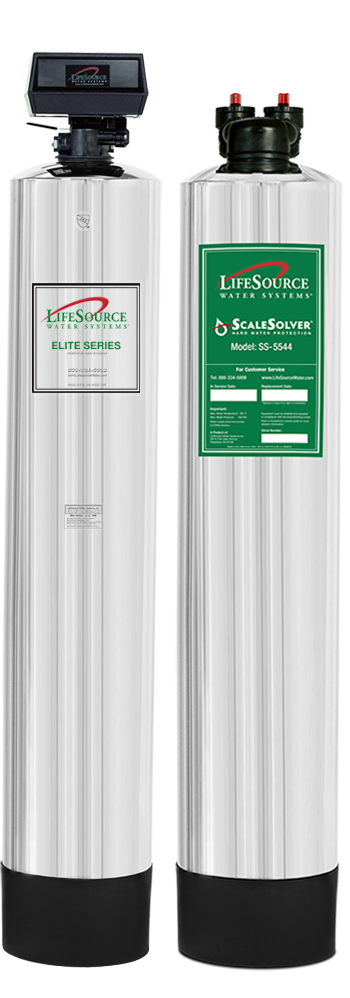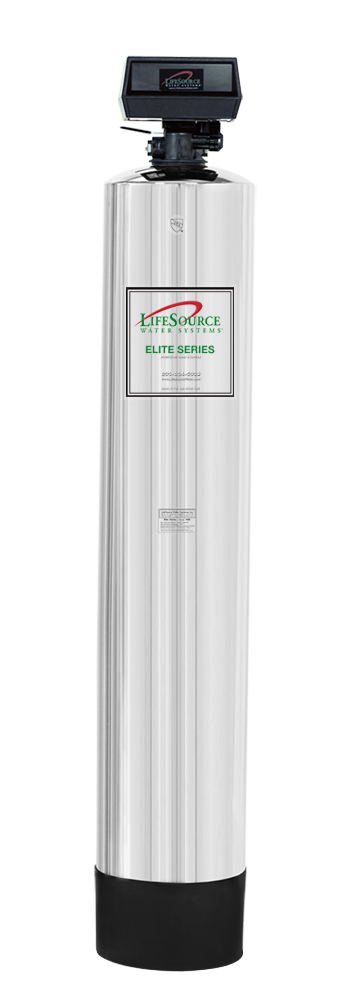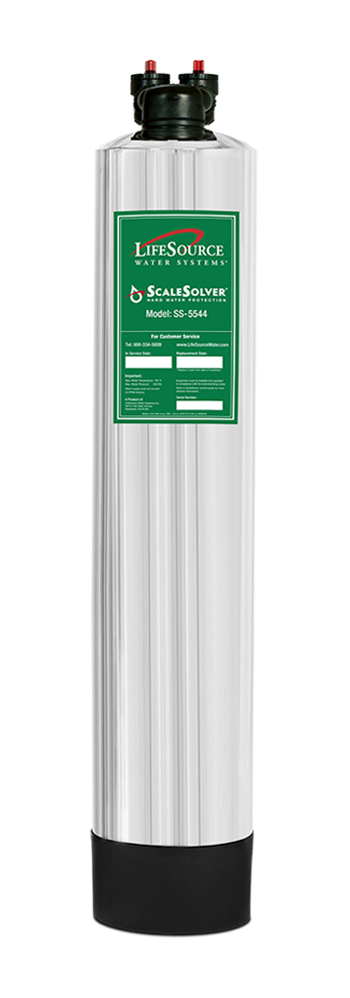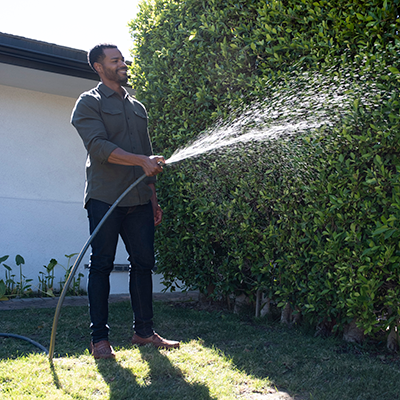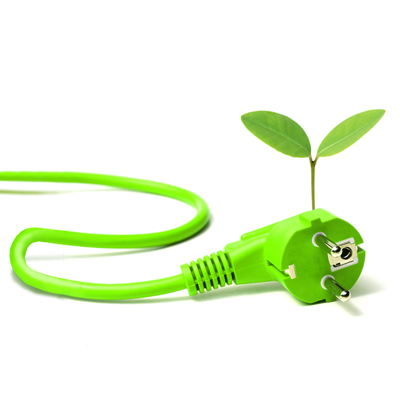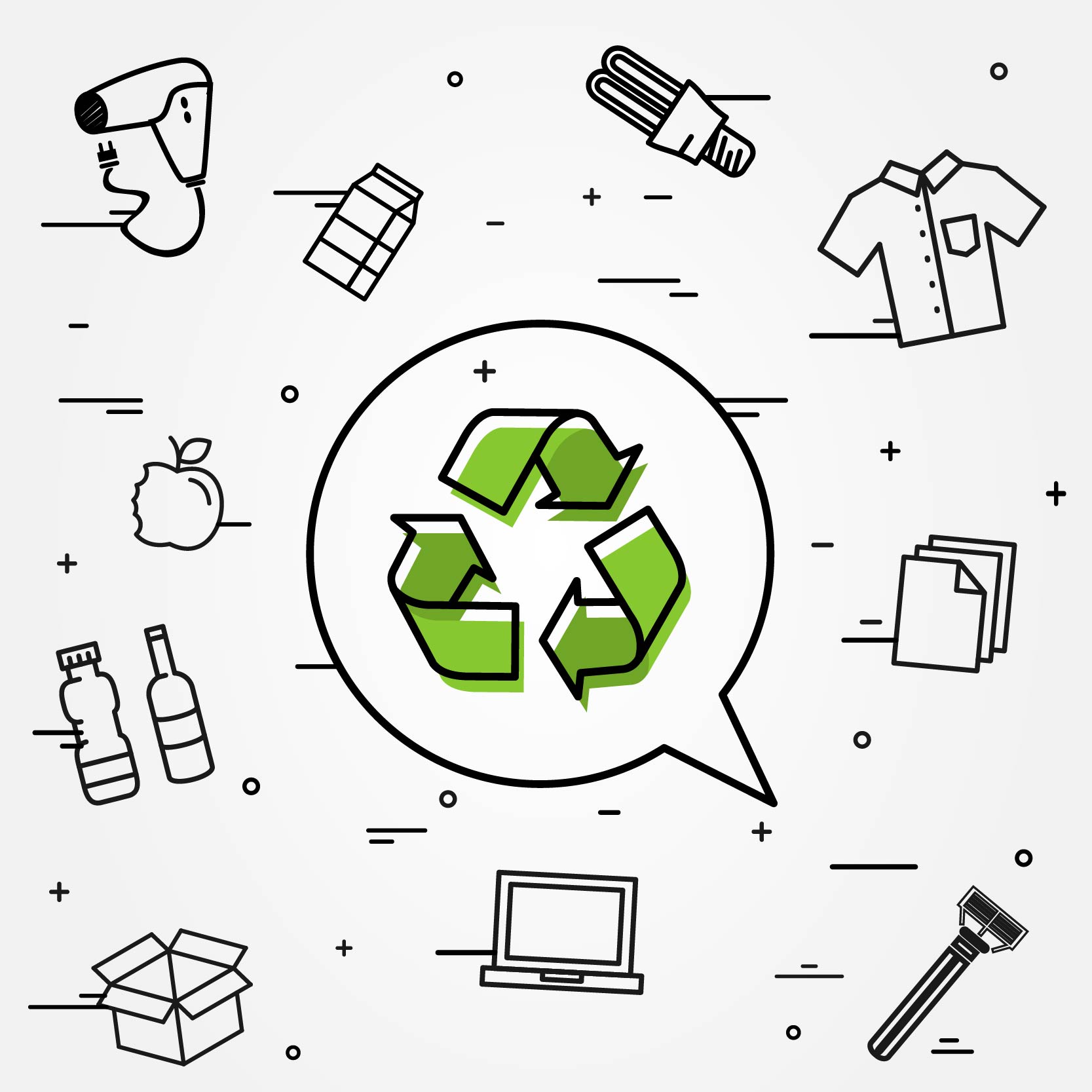
Five Easy Ways to Conserve Water
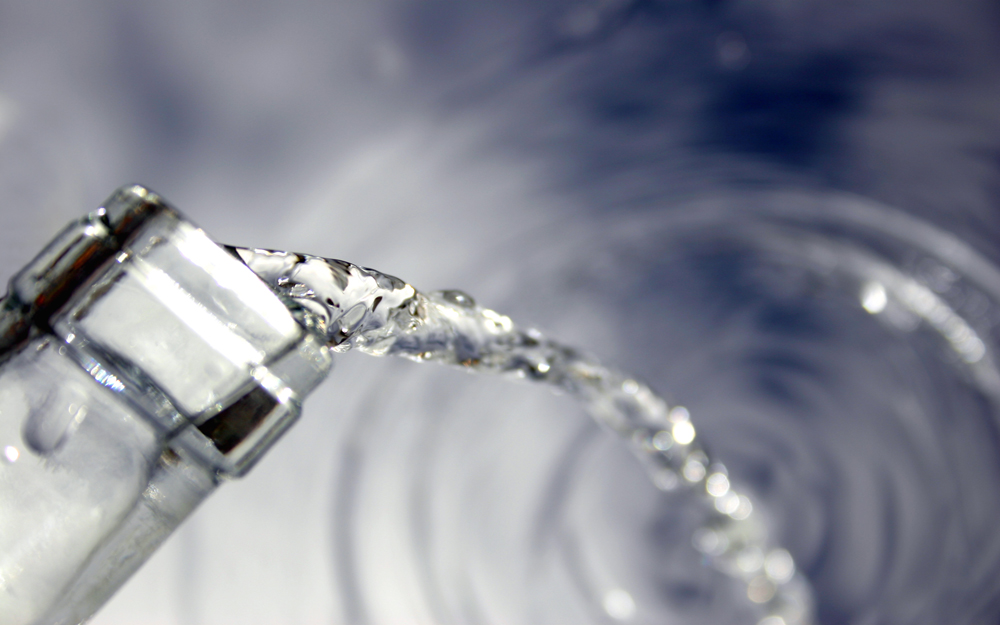
Fresh water is the lifeblood of the planet. All living things need water to survive. It is not only a source of hydration for our bodies, but it nourishes and feeds the food, health and energy we need to function.
Here are five reasons to save water.
1. Conserving water minimizes the effects of drought and water shortages.
By reducing the amount of water we use and waste, we can better help against future drought years.
2. Water Supply Limitations
There is a 40 percent demand increase on water than there is supply. As the global population grows, so does demand for fresh water. Conserving water will help to ease the demand on our water resources.
3. Energy Savings
Reducing water production will save energy and reduce greenhouse gas emissions.
4. Save Money
Customers who conserve water may enjoy lower water bills and possibly lower wastewater and energy bills.
5. Protect the Environment
By conserving water, you are protecting the natural habitat of fish and the water supply for plants and animals that we consume.
Small changes in daily routines can make a big impact on water usage. By reducing the time in the shower by a minute or two, you can save up to 150 gallons a year. It is up to all of us to use the water we have wisely, and it is as simple as making small changes. As you reduce your water usage, you will also see a deduction in your water bill.
Five Easy Water Saving Tips
1. Turn off the water while shaving, brushing teeth, or when you lather while hand washing.
You can save up to 4 gallons a minute, or up to 200 gallons a week for a family of four!
2. Don’t use your toilet as a wastebasket.
Throw unwanted tissues in the trash.Nearly 30 percent of residential indoor water consumption is toilet usage.
3. Hand-washing a lot of dishes?
Fill up your sink with water instead of letting it run the whole time that you’re scrubbing.
4. Eliminate bottle water usage
Invest in a whole-house filtration system, and avoid throwing away left over water. Use left over water to feed your plants instead.
5. Check for and fix leaky faucets.
You can significantly reduce water use by repairing leaks in faucets and showerheads, pipes, and toilets. A leaky faucet wastes gallons of water in a short period of time. A leaky toilet can waste 200 gallons per day.
